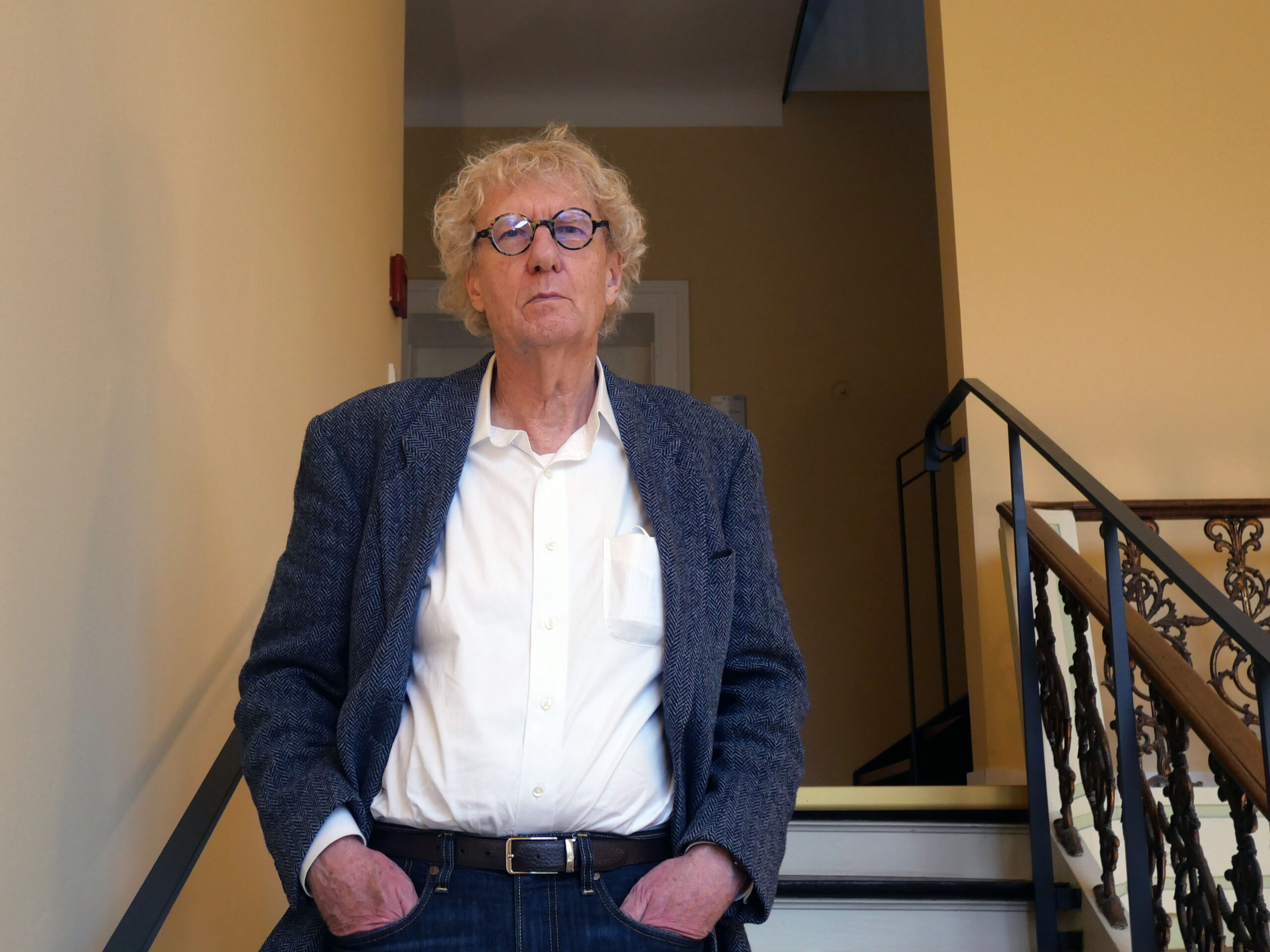c:o/re short-term Senior Fellow (10/24 − 11/24)

Jack Copeland is Distinguished Professor in Humanities at the University of Canterbury in New Zealand. A Londoner by birth, he took his doctorate in mathematical logic at Oxford University, where he studied with Dana Scott, Robin Gandy, and Simon Blackburn. He has held the John Findlay Visiting Professorship of Philosophy at Boston University and the Royden B. Davis Visiting Chair of Interdisciplinary Studies in the Department of Psychology at Georgetown University, and a Dibner Fellowship in the History of Science at MIT, as well as numerous other Visiting Professorships and Fellowships at international centers such as ETH Zurich, Queensland University, Copenhagen University, Renmin University of China, Hebrew University of Jerusalem, Akita University, and Plaksha University in India. Copeland has received various prizes and honors internationally, including the American Philosophical Association Jon Barwise Prize, the Royal Society of New Zealand Aronui Medal, and the IACAP Covey Award. The citation for the APA Barwise Prize describes him as ‘the world-wide expert on Alan Turing and a leading philosopher of AI, computing and information’. Copeland’s books about Turing are: The Essential Turing (Oxford University Press), Colossus: The Secrets of Bletchley Park’s Codebreaking Computers (Oxford University Press), Alan Turing’s Automatic Computing Engine (Oxford University Press), Computability: Turing, Gödel, Church, and Beyond (MIT Press), Artificial Intelligence (Blackwell-Wiley), Turing: Pioneer of the Information Age (Oxford University Press) and, most recently, The Turing Guide (Oxford University Press). Copeland has been script advisor, co-writer, and scientific consultant for a number of historical documentaries. One of them, the BBC’s Code-Breakers, directed by Julian Carey, won two UK BAFTA awards and was listed as one of the year’s three best historical documentaries at the Media Impact Awards in New York City.
The Indeterminacy of Computation
Computational indeterminacy occurs when a given hardware unit or fixed physical or biological system, X, potentially computes several different functions (or numbers), and when moreover there is no fact of the matter as to which of these is actually being computed by X at any given time. A simple example is a physical Boolean gate, S, that is simultaneously describable as implementing each of two different logical functions, such as OR and AND. The propositions ‘S is an OR-gate’ and ‘S is an AND-gate’ lack a determinate truth-value, unless a coding convention (a pulse-to-bit convention) is specified. However, S certainly has the potential to compute either of these functions, and even both of them at once.
This emerging phenomenon of computational indeterminacy could have significance for a number of fields, including neuroscience and cognitive science, artificial intelligence, the theory of algorithms, and circuit design. Further, the phenomenon is central to debates about the nature of physical computation, because indeterminacy impacts the fundamental question of what the essential features of computation are. Moreover, the indeterminacy phenomenon raises deep questions about what, if anything, fixes the very computational identity of a physical or biological system.
Publications (selection)
Copeland, B. Jack, Nizar, S.M.A. 2024. ‘The Sanjaya Myth: Sanjaya Belatthiputta and the Catuskoti’, Philosophy East and West, vol. 74(4), page numbers available soon. https://muse.jhu.edu/article/917045/pdf.
Copeland, B. Jack. 2023. ‘Early AI in Britain: Turing et al.’ IEEE Annals of the History of Computing, vol. 45(3), pp. 19–31. https://dl.acm.org/doi/10.1109/MAHC.2023.3300660.
Copeland, B. Jack, Fan, Z. 2023. ‘Turing and von Neumann: From Logic to the Computer’, Philosophies, vol. 8(2), pp. 22–52. https://www.mdpi.com/2409-9287/8/2/22.
Copeland, B. Jack, Fan, Z. 2022. ‘Did Turing Stand on Gödel’s Shoulders?’, Mathematical Intelligencer, vol. 44, pp. 308–319. https://link.springer.com/article/10.1007/s00283-022-10177-y.
Copeland, B. Jack, Shagrir, O. 2019. ‘The Church-Turing Thesis: Logical Limit or Breachable Barrier?’, Communications of the Association for Computing Machinery, vol. 62(1), pp. 66–74. https://dl.acm.org/citation.cfm?id=3198448.

